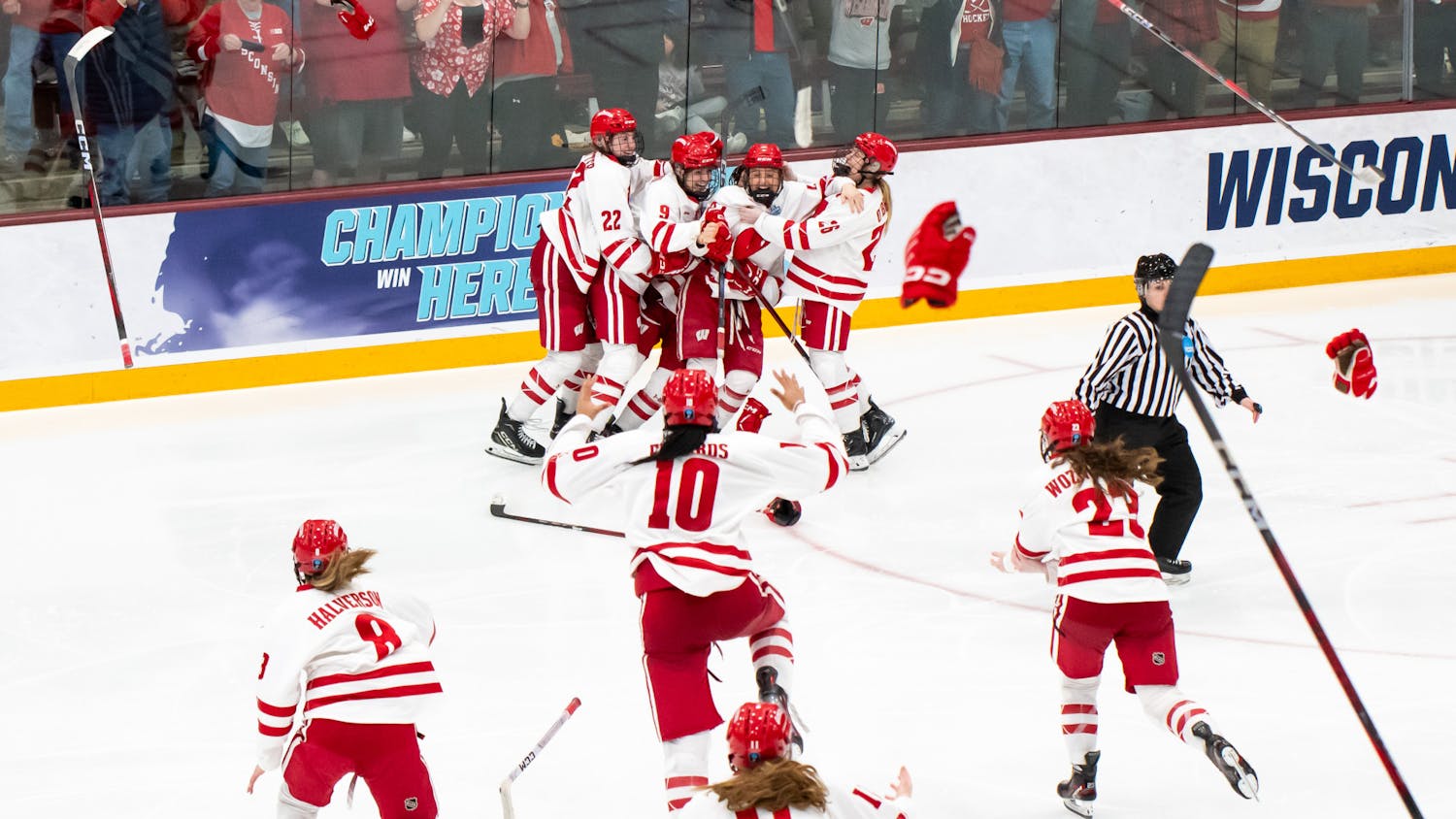A “cognitive dissonance” exists between UW-Madison’s rhetoric and actions for diversity and inclusion on campus according to Tyriek Mack, a representative for the Associated Students of Madison.
Mack introduced legislation calling for changes in admission standards and scholarship funding in order to make UW-Madison more accessible to students of color at a Student Council meeting this Wednesday.
“I wanted people to understand the connection between white supremacy that the university perpetuates, if we are going to address it,” said Mack. He added, “If the university has rhetoric around diversity and inclusion they should have some actions that reflect that.”
His legislation was entitled “Cognitive Dissonance” and specifically asked four things of the university:
- a task force to be created to assess feasibility of test-optional and geographic-weight in admissions
- changes be made to the admission process if recommended by the committee
- reparations, in the form of full and free access to higher education, for systemic denial of black people—including undocumented and currently or formerly incarcerated people
- a 10 percent increase in generic need-based financial aid from the UW Foundation.
Mack said that cognitive dissonance exists at UW-Madison, because the university claims they value diversity and inclusion but only 2 percent of students are black.
“As students, we understand that despite the university’s rhetoric, this school is not inclusive, accessible or affordable for Black students in Wisconsin,” said Mack. “The university is not blind to this reality; in fact, the university’s brand and prestige benefits from their practices of exclusion and white supremacy.”
White supremacy is not only perpetuated by people's views and interactions with each other, explained Mack, but by factors like economics and lack of access that others may ignore.
UW-Madison spokesperson Meredith Mcglone stressed that UW-Madison has done more than just talk about diversity and inclusion, and has increased the proportion of students of color from 11 to 15 percent in the last decade. She added they have also made increasing need-based aid a priority with programs like the Nicholas match and Badger Promise.
Mack said that once students of color are admitted, UW-Madison does a good job providing them with resources and staff to succeed. However, the standards to get here are much higher than others.
“The diversity scholarship I got to come to this school was way more selective that it would have been to just get into the school on its own,” said Mack. “For any person that’s a student of color who's here on a scholarship, it was way more difficult.”
Mack’s participation in an independent research project on admission standards last summer was a large factor in him creating this legislation. His research found no correlation between a person’s standardized test scores and current academic standing at UW-Madison.
Mack stressed that this research was not new. The Committee for Undergraduate Recruitment and Financial Aid released a report in 2013 that matched the legislation’s recommendation, with the exception of reparations.
He said that while he had not spoken to the chancellor about this specific legislation, he has had conversations with her about the issues and is uncertain how she will respond.
Student Council passed the legislation and its demands will be sent to the chancellor.
“[UW-Madison has] all these resources to make a difference,” said Mack. “The Wisconsin Idea is supposed to make this whole state a better place. But when you look at who has access to the Wisconsin Idea it's not the poorest people in this state, it's not people of color.”





